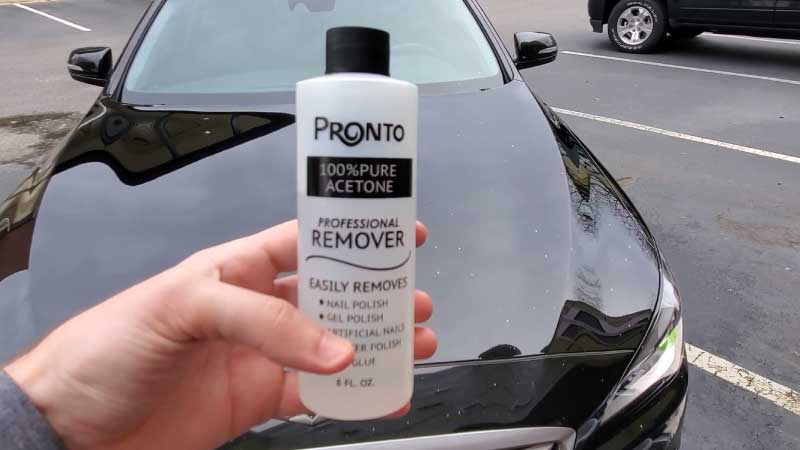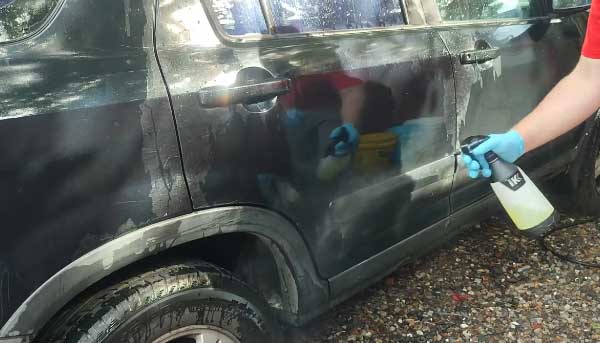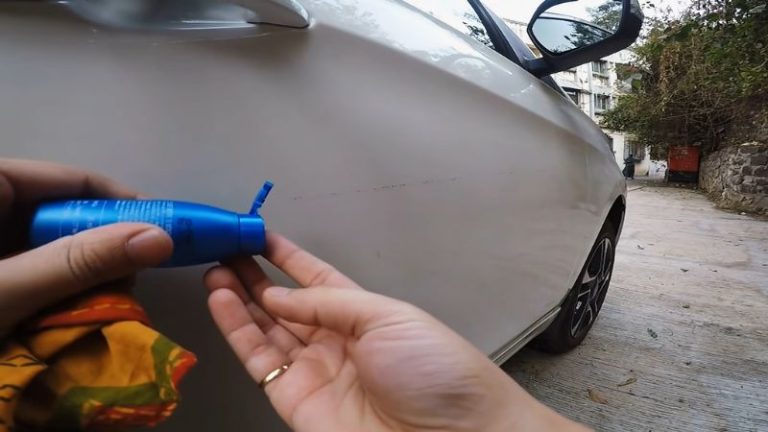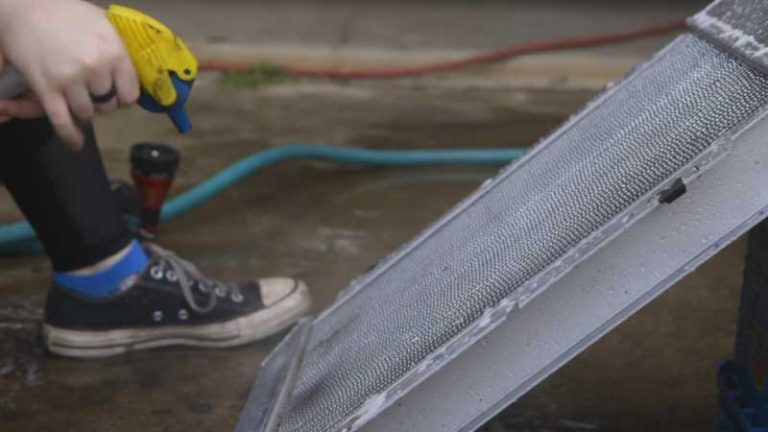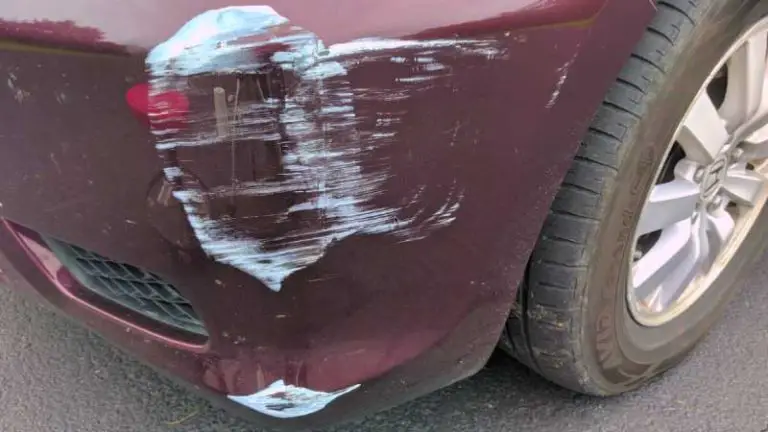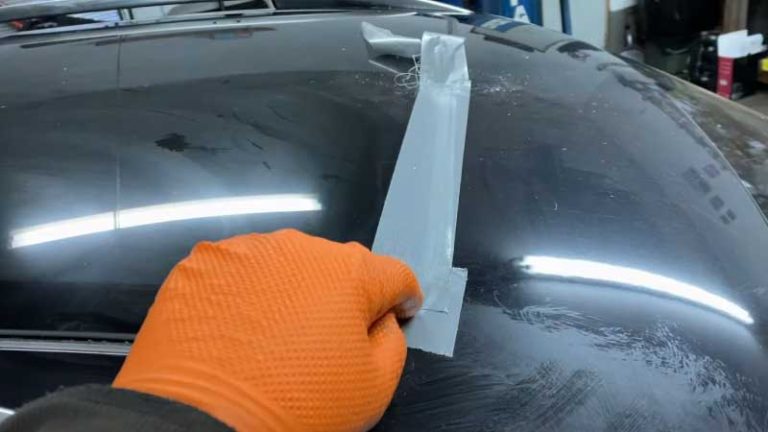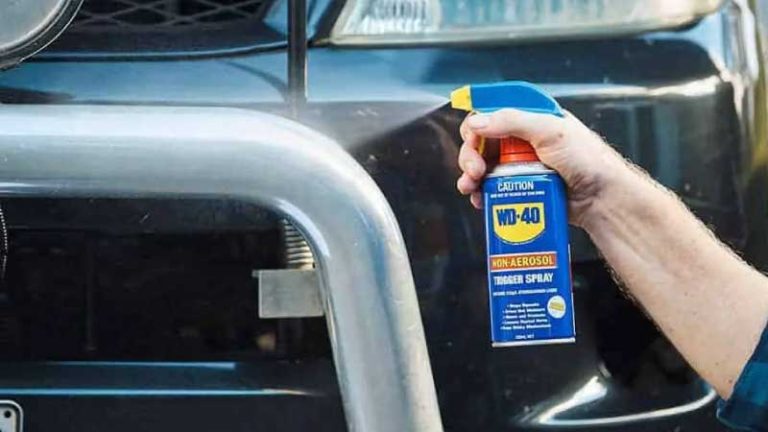Will Acetone Damage Car Paint: Unveiling the Mystery
Acetone can damage car paint by removing the protective coating and causing fading or peeling. When using acetone near car paint, caution should be exercised to avoid contact and potential damage.
Acetone is a strong solvent that can strip away the wax and clear coat layers of car paint, leading to long-term damage and a diminished appearance. It is advisable to use milder and car-safe alternatives for cleaning or removing substances from car surfaces to preserve the paint’s quality and avoid the need for costly repairs.
Understanding Car Paint And Its Vulnerability

Understanding car paint and its vulnerability is crucial for any car owner. Different types of car paint finishes require different levels of care and protection. Factors such as exposure to harsh weather conditions, UV rays, bird droppings, and tree sap can damage car paint over time.
One substance that often raises concerns is acetone. Acetone is a powerful solvent known for its ability to dissolve paint. However, this doesn’t necessarily mean that it will damage car paint. Acetone should only be used sparingly and with caution, as excessive or prolonged use can potentially harm the paint’s clear coat.
It’s important to follow proper guidelines and consult professionals for advice on safely using acetone on car paint. By understanding the properties of acetone and taking proper precautions, car owners can minimize the risk of damaging their car’s paint job.
Read Also: Will Duct Tape Damage Car Paint
Will Acetone Damage Car Paint?
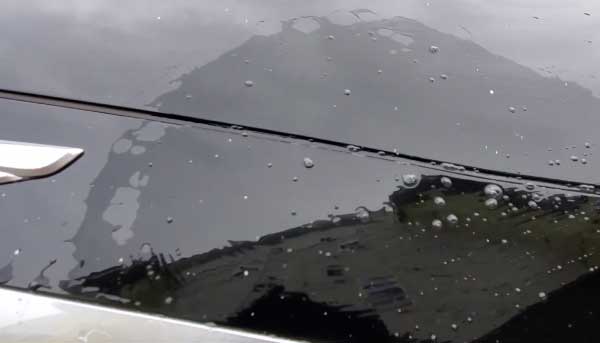
Many people who are passionate about cars are concerned about the possibility that acetone will damage the paint on their vehicles. Extensive testing is essential for determining its true impact. The outcomes of controlled experiments have been significantly revealing. Furthermore, practical examples have contributed helpful clarifications. Several factors can influence the outcome, such as the type and age of the car’s paint.
The duration of acetone exposure also plays a role, as does the concentration of acetone used. Moreover, the application methods and tools employed must be considered. Proper testing will highlight whether acetone can cause damage to car paint. With the information gained, car owners can make informed decisions about using acetone on their vehicles.
Read More: Will Goof off Damage Car Paint
Potential Risks And Damages Caused By Acetone
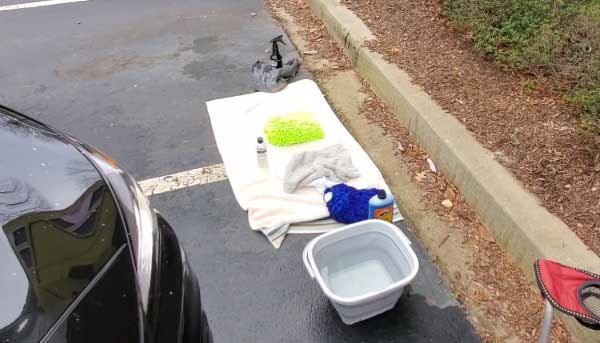
Acetone can potentially cause various risks and damage to car paint. It may lead to fading or discoloration and even damage the clear coat. Moreover, acetone can have an adverse impact on the surface texture of the paint and degrade any protective sealants.
Vintage or older cars are at notable risk due to their more delicate paintwork. Considerations for touch-up and repainting should be taken into account if acetone damage occurs. For minor damage, there are options available to repair it. However, if the damage is extensive, it is advisable to seek professional solutions.
Prevention and precautionary measures are crucial in minimizing acetone exposure during accidents or spills. Protective coatings and sealants can also be applied to safeguard against potential damage. It is important to explore safe alternative cleaning methods to avoid any harm caused by acetone.
Frequently Asked Questions
Can Acetone Damage Car Paint?
Yes, acetone can damage car paint, as it is a strong solvent that can strip away the paint’s protective layer.
How Does Acetone Affect Car Paint?
Acetone can interact with car paint, causing fading, discoloration, or even complete paint removal if not used carefully.
What Precautions Should I Take When Using Acetone On Car Paint?
To prevent damage to car paint, always test acetone on a small, inconspicuous area first and use it sparingly with a soft cloth in a well-ventilated area.
Conclusion
It is important to exercise caution when using acetone on car paint. While acetone can effectively remove stubborn stains and paint transfer, it has the potential to damage the car’s clear coat and paint job if not used correctly. Therefore, it is highly recommended to test acetone on a small, inconspicuous area before applying it to the entire surface.
This will help determine the paint’s reaction and prevent any unforeseen damage. Additionally, it is advisable to seek professional help if you are unsure about using acetone on your car’s paint. Regular maintenance, such as washing and waxing, can also help protect the paint and minimize the need for potentially damaging substances.
By following these guidelines, you can maintain the integrity of your car’s paint and keep it looking sleek and vibrant for years to come.

